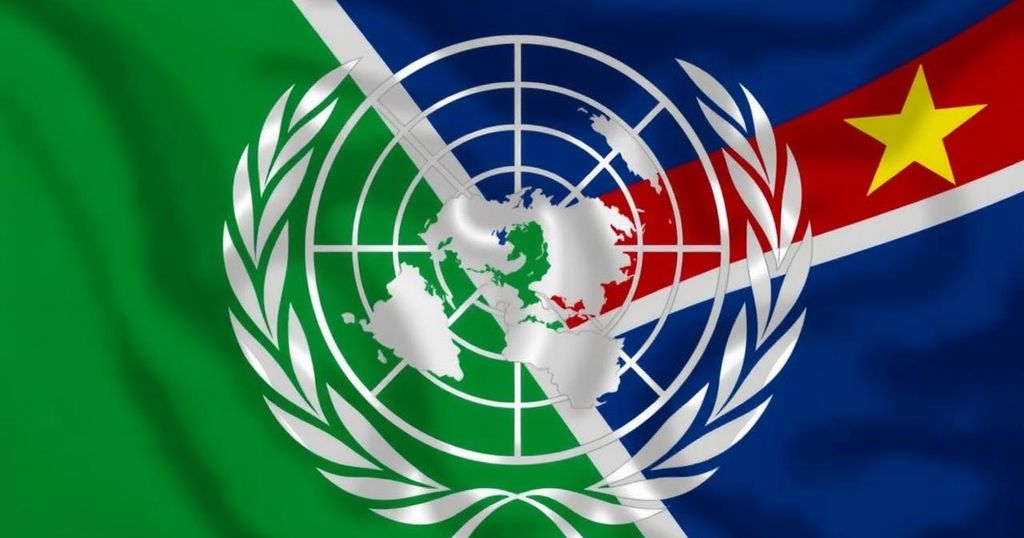Papua New Guinea will boycott the upcoming COP29 U.N. climate summit, criticizing the climate pledges of major polluters as “empty talk”. Foreign Minister Tkatchenko stated the nation’s decision is in response to the ongoing effects of climate change on its people and announced plans to engage in bilateral climate agreements with other countries.
In a decisive move, Papua New Guinea has opted to boycott the upcoming COP29 U.N. climate summit, citing the ineffectiveness of pledges made by major polluting nations as “empty talk.” This statement was made by Foreign Minister Justin Tkatchenko, who expressed the nation’s frustration with the lack of substantial actions to address the climate crisis, which continues to inflict severe repercussions on the Papua New Guinean populace. He emphasized, “We will no longer tolerate empty promises and inaction, while our people suffer the devastating consequences of climate change.” Consequently, the country plans to pursue bilateral climate agreements with various nations, suggesting a strategic shift in how it engages in global climate efforts. This withdrawal reflects a broader discontentment within vulnerable nations regarding the commitments made by more industrialized countries and their insufficient follow-through on climate action initiatives.
Papua New Guinea lies at the forefront of the climate crisis, facing significant threats to its biodiversity and communities due to rising sea levels and changing weather patterns. As a nation heavily reliant on its forests and natural resources, the anticipated consequences of climate change present a critical challenge to its development and sustainability. The COP29 summit represents a platform where nations collectively address climate issues; however, the consistent failure of developed nations to deliver meaningful and impactful commitments raises doubts among smaller nations like Papua New Guinea. Such sentiments were magnified in recent discussions, highlighting the need for a more sincere and actionable approach to climate agreements.
Papua New Guinea’s withdrawal from COP29 underscores a growing frustration among vulnerable nations over the inadequacy of climate pledges from major polluters. By seeking alternative bilateral agreements, Papua New Guinea is advocating for practical measures that better address its climate challenges, reflecting a call for genuine commitment and action in the global fight against climate change. This stance may encourage other nations in similar predicaments to reevaluate their participation in international discussions that do not yield tangible results.
Original Source: www.democracynow.org






